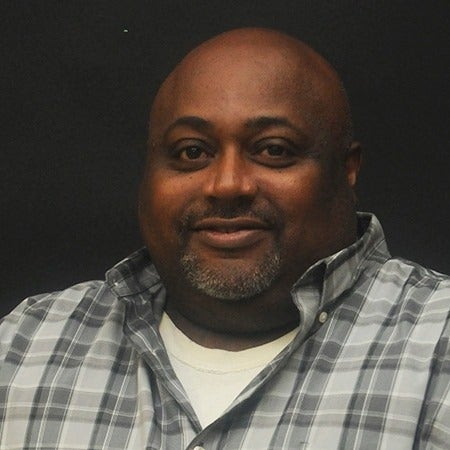Juneteenth celebrates end of slavery
Published 10:02 pm Tuesday, June 27, 2017
Juneteenth celebrates the end of slavery in these United States of America. It originated on June 19, 1865, in Galveston, Texas, when Gen. Gordon Granger formally announced to enslaved persons that slavery was over. There was a great celebration which lasted for days. Juneteenth has slowly spread to limited pockets in other states.
To understand why there was such a celebration, we must explore slavery itself. To understand why other dates were not chosen to celebrate the end of slavery, we must understand how slavery ended. To understand why so few celebrate the end of slavery, we must understand what happened after slavery.
Slavery was a truly powerful institution in the U.S. It was also a central institution that impacted every other institution including the economy, family, government, law enforcement, religion, human relations, etc. It was so powerful and so central that it took a bloody and costly war among fellow citizens to end it.
Slavery in the U.S. was unlike slavery anywhere else in the world. Black people were enslaved for life. Their children were enslaved for life. They were considered sub-human. Every element of their identities was determined by the “master,” including their names, family structure, religion, history, language, ownership of material things, etc. It was chattel slavery, the same as owning hogs, cattle, mules, goats, sheep, etc.
Slavery was so central and so powerful because a cultural ideology bound it with economic ideology. That ideology was white supremacy. Whites were supreme in everything. Blacks were sub-human and inferior in everything. It was the law of the land as set forth in the U.S. Supreme Court’s Dred Scott decision that held that blacks were considered sub-human and had no rights that whites were bound to respect. When one people are perceived as lowly animals, the “supreme people” can treat them as bad as they desire without anything being done. That’s why Frederick Douglass said America slavery “would shame a nation of savages.”
Slavery was so powerful and so central in America that it dominated every other institution. America became not just a society with slavery as other societies but a slave society. Even the U.S. Constitution was contorted and distorted by slavery. Black people were treated as 3/5 of a person in determining representation; bound by the Fugitive Slave Provision; and regulated by the slave trade clause. The Constitution enshrined slavery as a powerful and central institution in spite of the soaring words of the Declaration of Independence: “We hold these truths to be self-evident that all men are created equal.”
Slavery was so central and so powerful it took the Civil War to commence the ending of it. It was so powerful that some 600,000 people died because of it. It was so powerful that it pitted citizen against citizen and sometimes brother/sister and against brother/sister. It was so powerful it virtually tore the country apart. It was so powerful that its long reach stretches across centuries and impacts us to this very day.
Slavery ended in piecemeal fashion. That is one reason no single great celebration of the ending of slavery emerged. The Emancipation Proclamation of 1863 was one such ending. It declared free all enslaved people in the Confederate States or areas of America. But it was not a constitutional provision or even a law; it was something proclaimed by the President as a war measure. In addition, it left people enslaved in states that remained in the Union. In truth, it freed no one because it maintained slavery where it had authority and declared slavery ended where it had no authority. To be sure, it loosed a spirit that facilitated enslaved people freeing themselves by running away from their “masters.” And 200,000 black men fought in the Civil War, and 40,000 of those men died fighting. In truth, the Emancipation Proclamation was the beginning of the ending of slavery, not an ending.
The end of the Civil War on April 12, 1865, with General Robert E. Lee surrendering at Appomattox was another ending of slavery moment. However slavery continued in states that had not joined the Confederate States of America. It also continued in Texas, a Confederate State. In addition, slavery was still imbedded in the U.S. Constitution. No enslaved person was free until all were free. Again, an ending of slavery moment was not an ending.
Slavery officially ended on December 6, 1865, with the ratification of the 13th amendment to the U.S. Constitution, officially declared on December 18, 1865. But the ideology of white supremacy continued. Because there was not one clear-cut ending to slavery, there is not one great celebration. Junteenth is the best we have.
Finally, some say there is no great celebration because slavery did not end even with the 13th amendment. Fueled by white supremacy, it simply morphed into different forms such as peonage (slavery by another name) and apartheid-type segregation enforced by lynching (state-sanctioned terrorism). Even after peonage and segregation ended, white supremacy continued. Juneteenth is the best opportunity to celebrate the ending of slavery. In spite of all, let’s celebrate Juneteenth.



